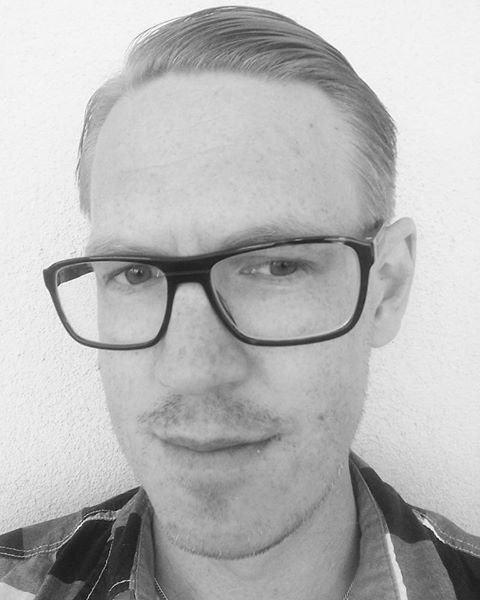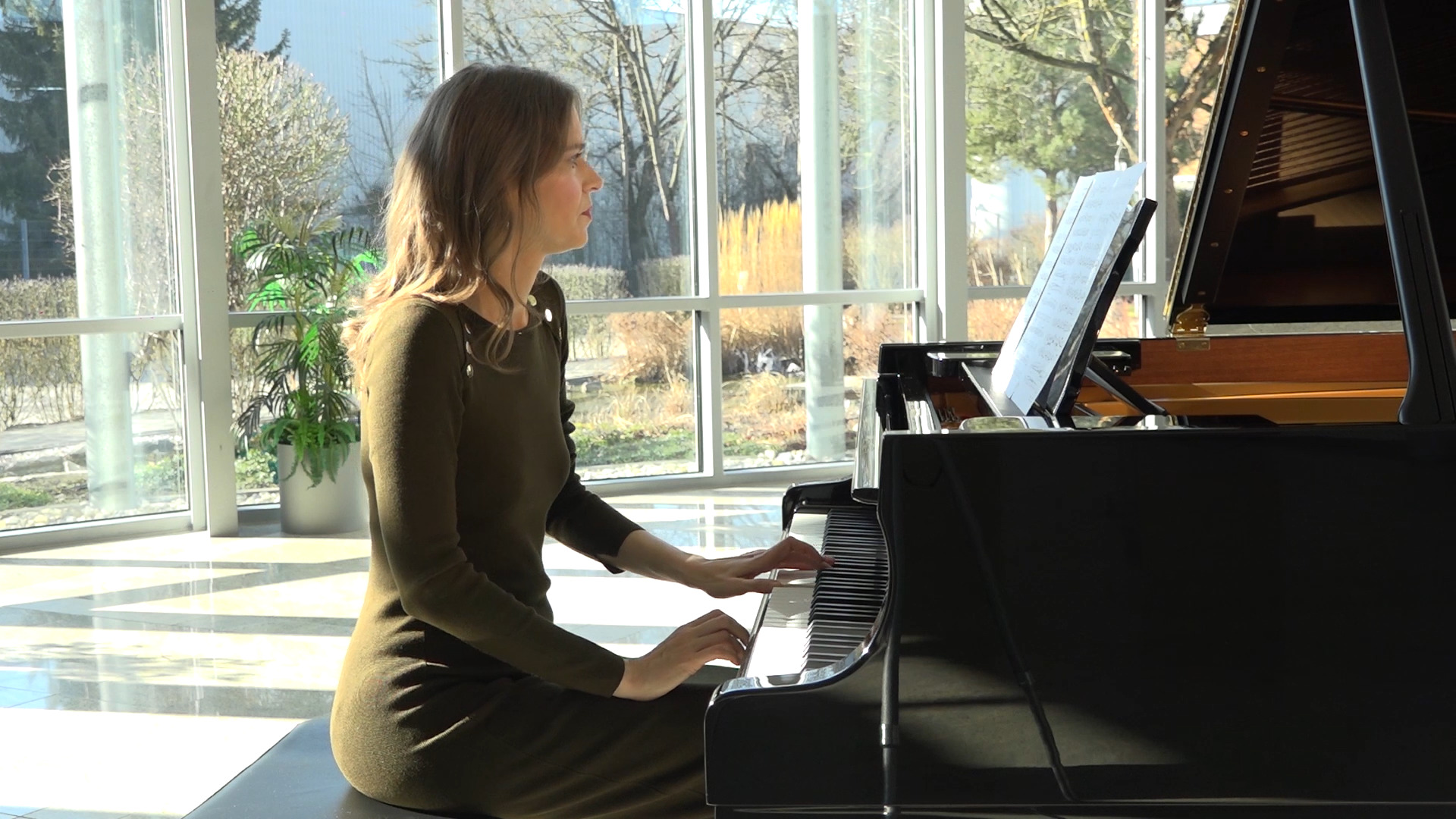About
David Unger was born in Täby, just outside Stockholm in 1982.
Aged seven he began taking lessons in piano, music theory and began singing in choirs. In 2004 he was accepted to Ingesund College of Music where he studied to become a teacher in classical singing and music theory/composition.
He is a former member of Stockholm Academic Male Chorus, and the chorus of Wermland Opera in Karlstad.
Since 2013 he works as a teacher at Oskarshamn Community College, where he teaches, among other subjects, classical singing, composition, aural training and music history.
As a composer he focuses mainly on art songs, choral music and music for the piano and he has had performances of his music in Germany, Austria, Canada and Sweden.
In 2017 he had his first pieces published, when three congregational hymns where published at psalmportalen.se.
Apart from being a teacher and composer he is also a freelance music critic in classical music and jazz for regional new papers Barometern and Oskarshamns-Tidningen and an amateur poet with his poetry published in multiple anthologies.

